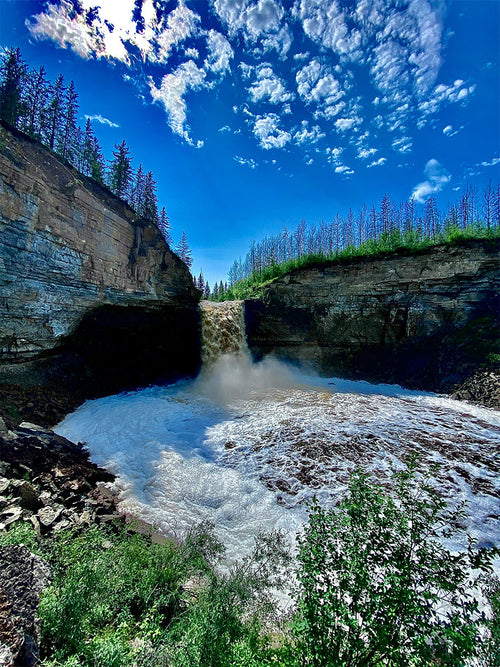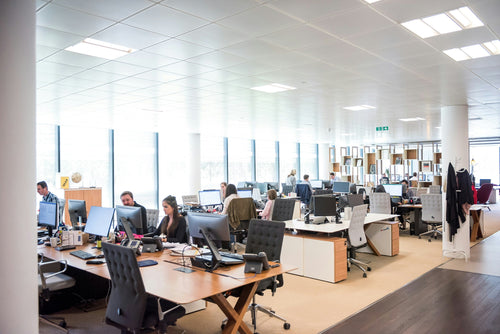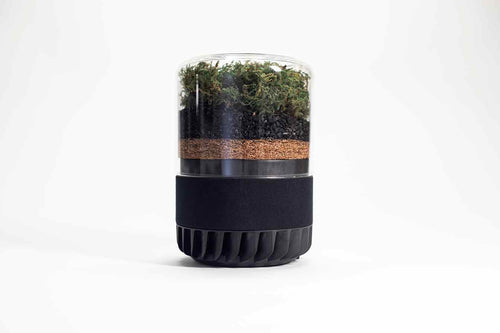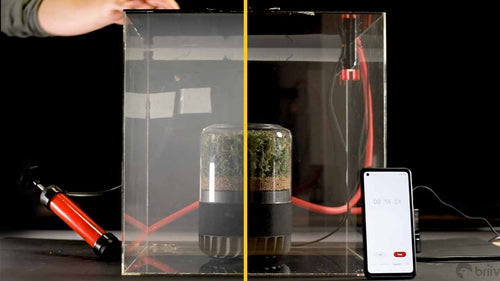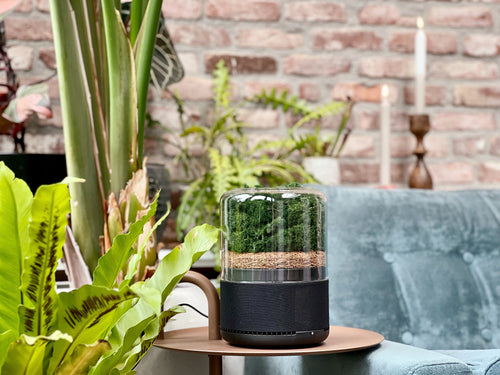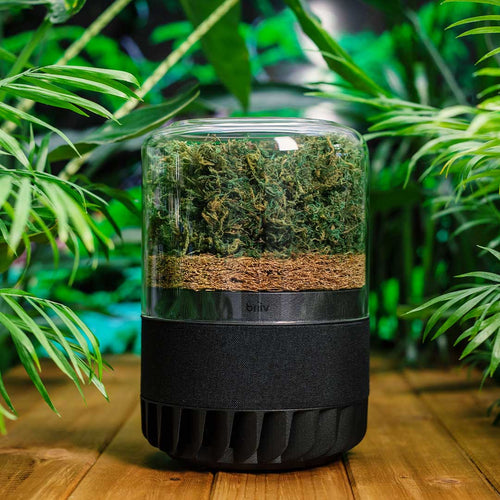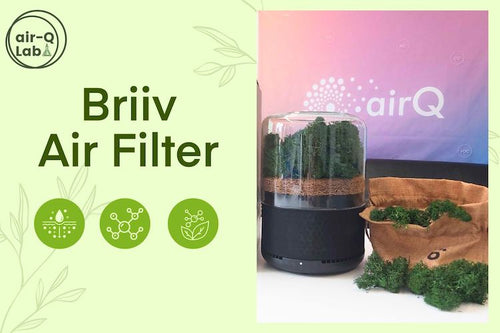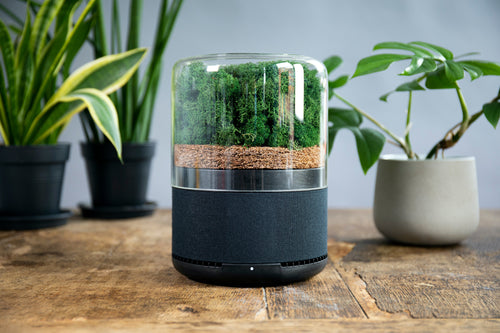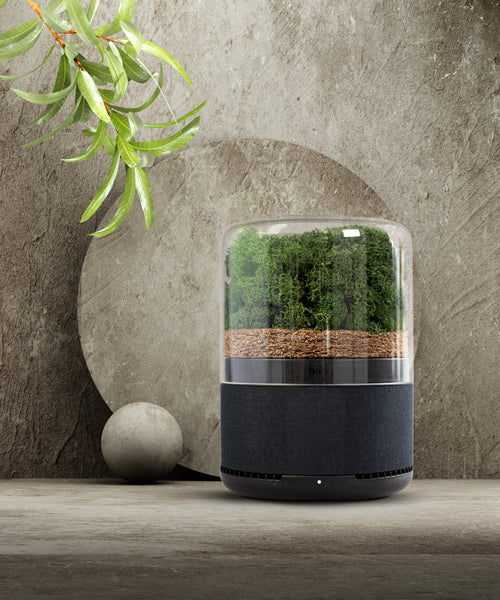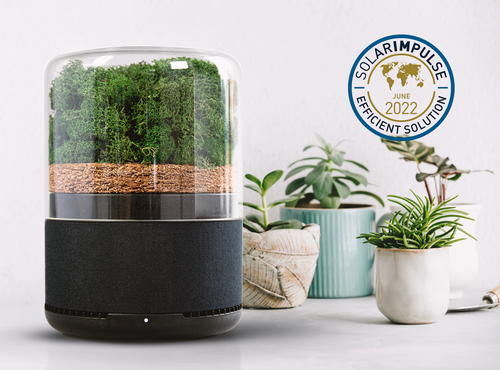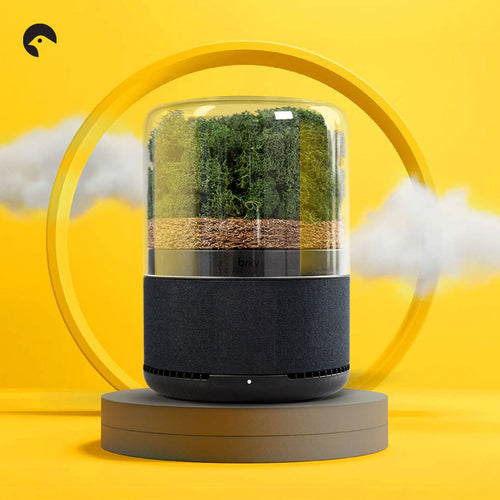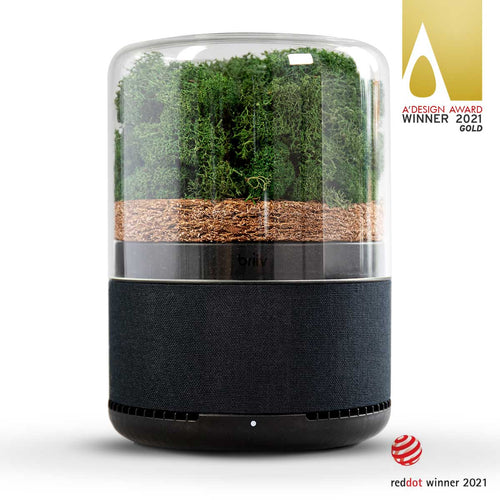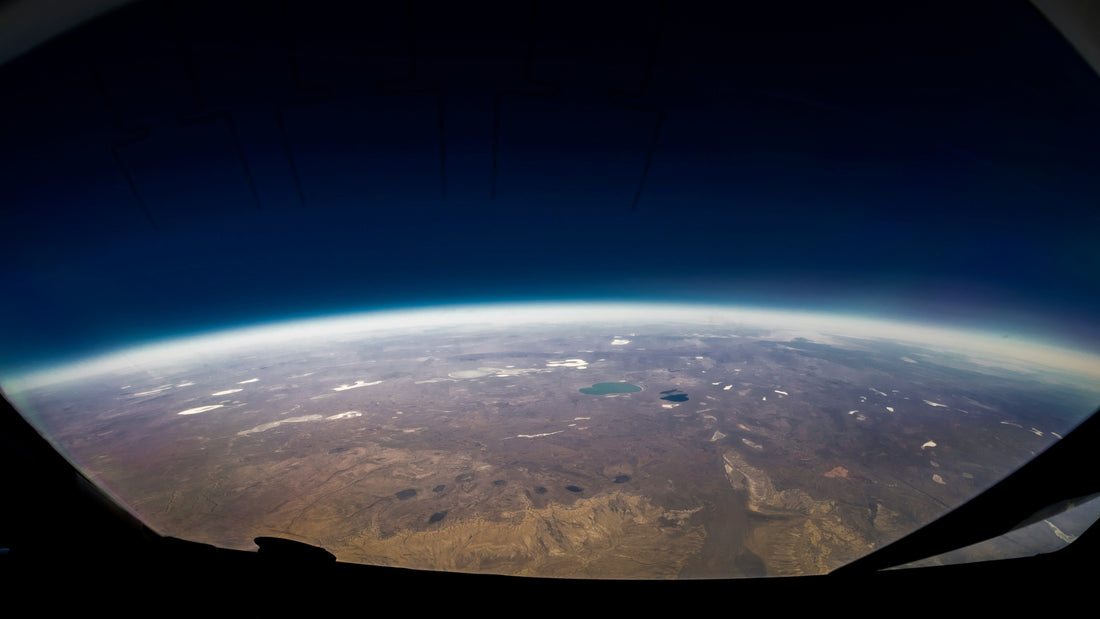
Air Quality Around the World: Trends, Rankings, and Global Pollution
Why is air quality important?
On average, we breathe 25,000 times and inhale between 11,000 and 20,000 litres of air each and every day. It is important that the quality of the air we breathe is good, as poor air quality can have negative physical and mental health effects. In fact, air pollution is the biggest threat to human health globally with the World Health Organisation estimating 99% of the population breathe polluted air which exceeds their guideline limits.
Air pollution can also have detrimental environmental effects, from soil and water contamination to exacerbated climate impact.
Reducing air pollution and improving overall air quality will require a big effort, and can’t be solved overnight, but doing so can have huge positive impacts on ourselves and our planet.

What affects air quality?
From industrial processes to driving your car, major sources of air pollution are often linked to human activity. Burning fossil fuels for energy production and the related effects of industrialisation results in nitrogen oxides, sulphur dioxide, particulate matter, and other greenhouse gases being released into our atmosphere. That’s a lot of pollutants to consider! Methane-producing livestock is a huge agricultural contributor to poor air quality, and is also the second largest greenhouse gas contributor to climate change. Methane can also be emitted during waste disposal, particularly in landfills. Cutting down meat consumption and prioritising recycling is a great way to reduce individual impact. Meat-free Mondays anyone?
Many of these causes are also often linked to climate changes, meaning the same pollutants that are causing damage to the environment and contributing to the climate crisis are also associated with air quality degradation. By prioritising air quality, we can also make meaningful changes to our environment.
That said, not all air pollution comes from human activity; there are many natural factors and atmospheric activity which can contribute to worsening air quality. From increased particulate matter in the form of pollen, sea spray, or desert dust, to catastrophes such as volcanic eruptions or forest fires releasing large amounts of smoke and harmful gasses, the planet’s processes can also contribute to pollutant increase.

Whether natural or man-made, worsening air quality is a global issue to be tackled. Prioritising clean air for all means improvements for our health, wellbeing, and the environment.
What can we do?
As with many environmental issues, it can feel overwhelming to think about tackling air pollution. When the issues spread across a global scale, what can we do as individuals?
You hold immense power when it comes to being vocal to policy makers and local representatives. Engaging with your local politicians on the importance of clean air is critical in pushing for support on clean air measures. Encouraging others in your community to get involved with learning and campaigning about clean air can also bring awareness to the importance of air quality.
You can also make lifestyle changes to have meaningful impacts on air quality. Cutting down on your travel by car and plane and switching to walking, cycling, or public transport is not only good for your wellbeing, it’s better for the environment too!
Why does air quality change globally?
Air quality can differ dramatically from place to place, and over time there can be significant changes in air quality in a given area. These changes are influenced by various factors, from geography, atmospheric trends and changes, and the climate. Human impacts from industry, policy, and urban activity can also influence global differences in air quality.

Atmospheric circulation can be responsible for shifting pollution levels. Temperature, pressure, even the Earth’s spin can affect how the air moves around the Earth’s surface, which has a direct effect on the spread of air pollutants. Weather conditions can affect ventilation and concentrations of pollutants in a given area, meaning it can be hard to identify man-made versus natural causes of fluctuations. The dispersal of pollutants from their source can mean areas with lower polluting activities are still faced with high levels of pollution, which is just one example of disproportionate effects of air pollution on populations.
Impacts of poor air quality can often hit developing countries harder, as they’re still relying on potentially polluting industries and technologies in order to progress and advance. As development across the globe is so varied, the resulting impacts of pollution from industrialisation also differs. But that’s not to say growth has to be limited! There is an important balance to strike between economic growth and environmental conservation, and while there may be challenges sustainability and development can still go hand in hand.
Regardless of a country's infrastructure or policies, natural disasters like volcanic eruptions or wildfires can cause temporary but severe air pollution spikes. Ultimately, global air quality is constantly changing due to the interaction between natural events, human activity, and climate systems.
Ranking – top 5 countries with the best air quality
According to the 2024 Environmental Performance Index, the countries with the best air quality were as follows:
1- Iceland
2- Trinidad and Tobago
3- Barbados
4- New Zealand
5- Norway
Maybe when you’re booking your next getaway, consider the fresh mountain air in Reykjavík or the turquoise waters of the Caribbean.
Breathing Easier Starts with Awareness and Action
Air quality isn’t just a local concern, it’s a global issue that affects every breath we take. From industrial emissions to natural disasters, the factors influencing our air are complex and far-reaching. But the data is clear: cleaner air leads to better health, improved quality of life, and a more sustainable environment.

Understanding what affects air quality, staying informed on global trends, and taking both individual and collective action are essential steps toward positive change.
Whether you’re advocating for better policies, making eco-friendly travel choices, or simply learning more about the air you breathe, your actions matter. Together, we can push for cleaner air and healthier futures.



